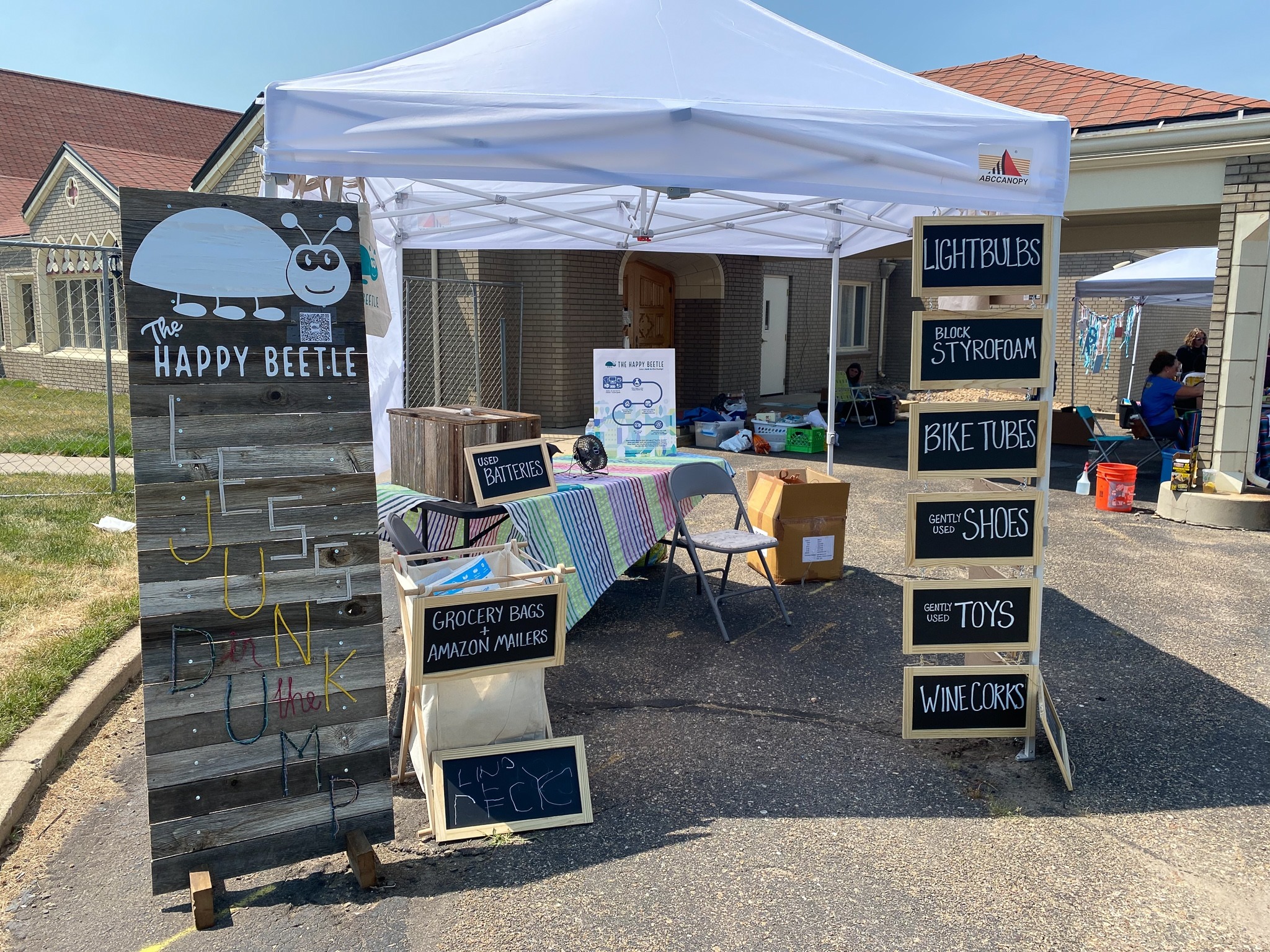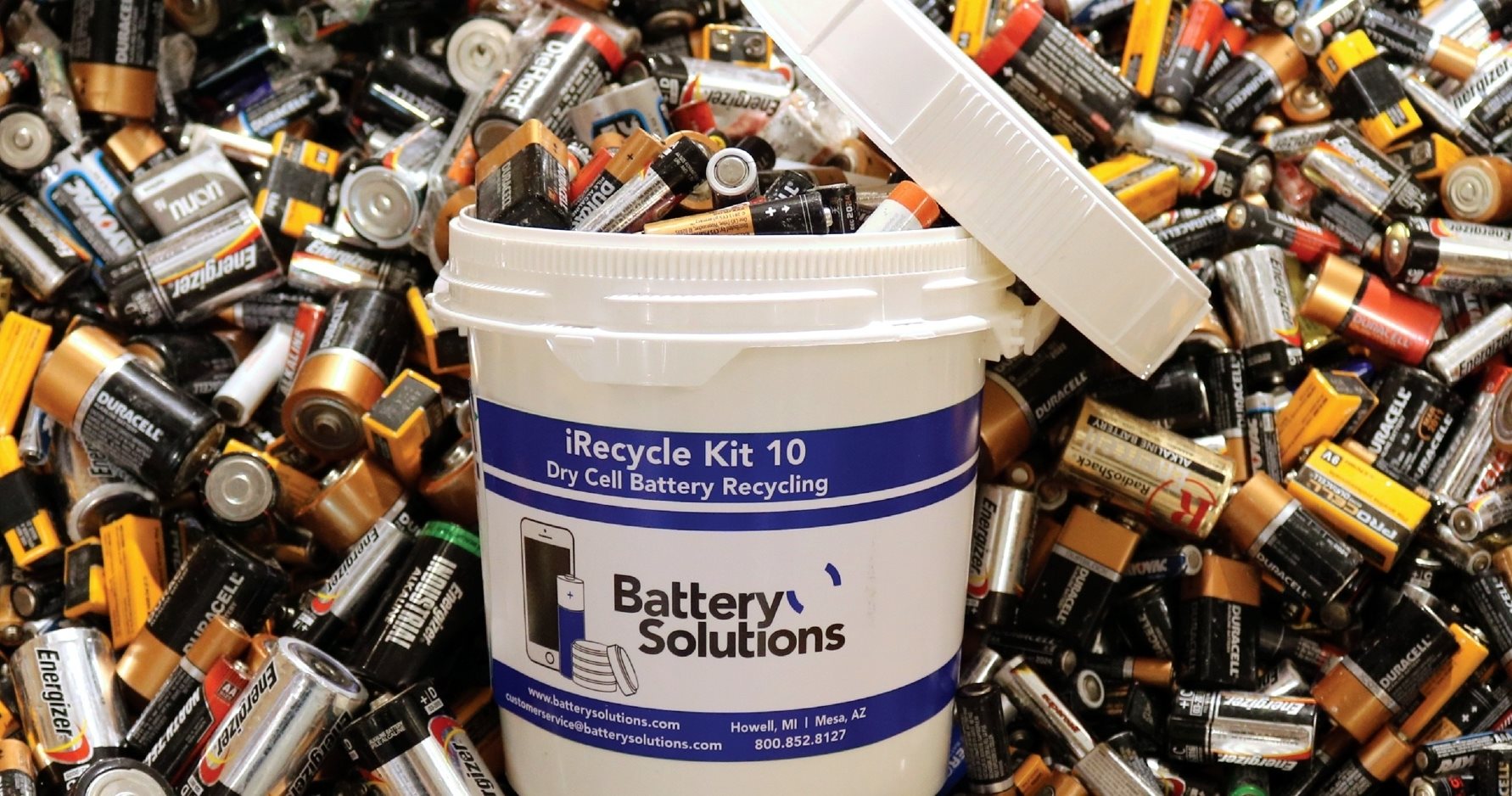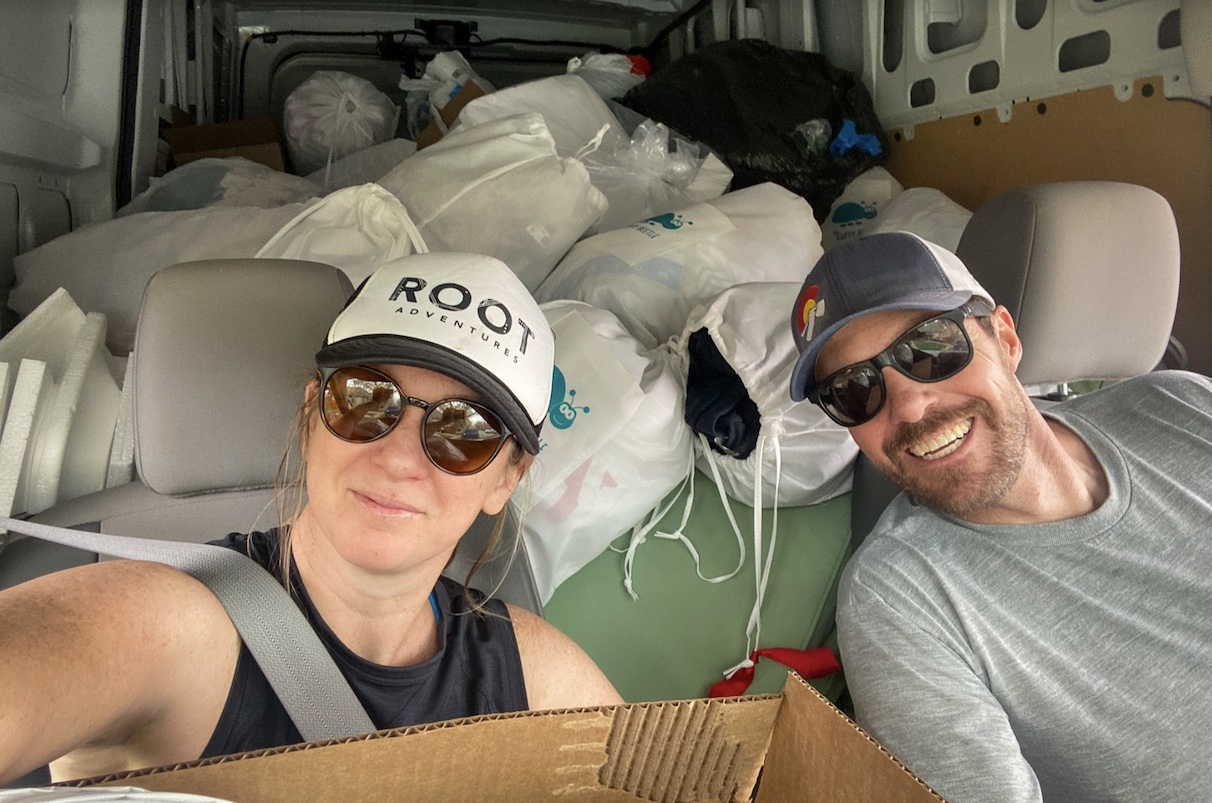In a circular economy, everything that’s produced and consumed is reused, recycled and broken down for as long as possible. It creates a system that produces significantly less waste and pollution compared to the current one we have now. Dave Kiefner, fascinated by the idea of a circular economy for years, founded The Happy Beetle in April after he caught a bug to build a better recycling system in Denver.
It all started when Kiefner was reading a book about insects to his son, Henry. In the book, he came across the African dung beetle, which utilizes feces for shelter and food. He was fascinated by the bug’s self-sufficiency and distinct contribution to the ecosystem. To him, its existence only emphasized the urgency for modern humans to adopt better waste practices.
“It’s about recognizing that there is still inherent value and embedded energy in whatever item it is; we might look at an item and throw it away because there’s no value to it,” said Kiefner. Breaking down discarded items that can be recycled or reused as much as possible is one way the company is helping keep unnecessary waste from entering the landfills.
In July, the company diverted over 4,000 pounds from going to the landfill. Kiefner wants to make it simple for residents to dispose of difficult things like electronic waste, batteries, house paint, textiles and other hard-to-recycle items.
“It’s kind of shocking that Colorado has one of the lowest recycling rates in the entire nation,” explained Kiefner. Despite widespread recycling and compost services throughout the state, the Colorado Department of Public Health and Environment (CDPHE) reported a 15.9 percent recycling diversion rate in 2019, falling below the national average and ranking among the bottom 20 states for recycling. When it comes down to general sustainability and waste practices, the United States is the trashiest. Proper recycling, better policies and systems, using and consuming less or investing in zero waste products, can all help mitigate this issue.
“People are passionate about the outdoors and protecting it, but a lot of times our policies and practices don’t match our beliefs. We’re trying to make it easy to complete that link,” said Kiefner.
The Happy Beetle offers monthly or quarterly pickups at an affordable price for anyone living within the Denver Metro Area and Boulder, with plans to expand in the coming months.
Once items are picked up, the company distributes the waste to third party partners to break down and recycle or dispose properly. They believe nonprofits like Blue Star Recyclers, Eco-Cycle and GreenSheen Paint are helping incentivize better recycling and waste practices in Denver.
Kiefner wants to get more involved in the community. Living in Colorado for the past decade and with a hefty background in renewable energy, he and his family’s appreciation for the outdoors goes past admiration. He wants to reach out to local businesses and schools to bring more awareness to better sustainable waste practices. “I’ve been passionate about environmental work for a long time,” said Kiefner. “I want to help the community more immediately and figure out better ways of addressing waste reduction.”
As word gets around, Kiefner is preparing for a growing interest in individual zero waste and sustainability practices.
“I’d love to see this become a standard option in the future so that every household has a trash bin, a standard recycling bin, one for compost and a fourth bin for hard-to-recyclable items,” said Kiefner. “Our goal is making the biggest impact we can.”
For more information on The Happy Beetle and its service, visit its website.
All photography courtesy of The Happy Beetle.



